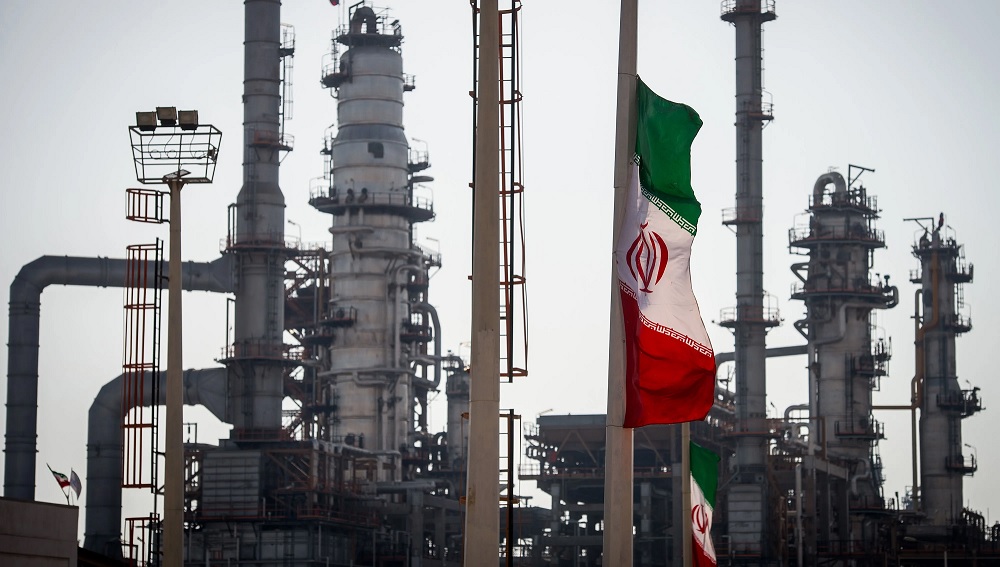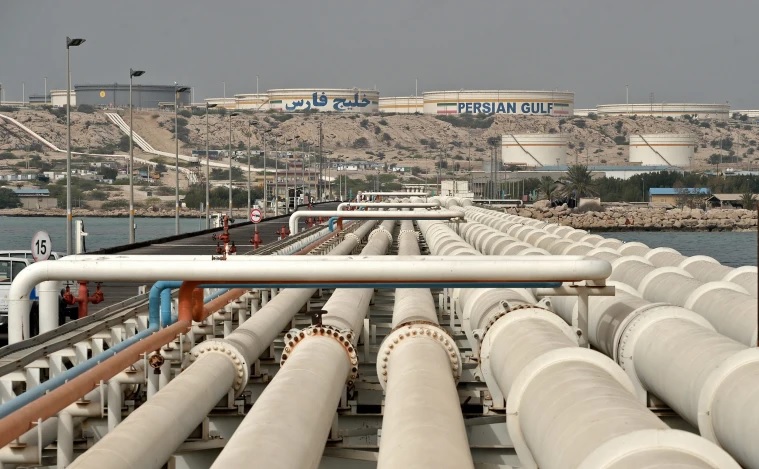Escalating conflict in Gaza and Iran’s support for militant groups heighten concerns over retaliatory actions.
Recent reports from NBC indicate that senior U.S. officials believe Israel may target Iran’s oil infrastructure in potential retaliatory strikes. This concern arises amid escalating tensions between Israel and Iran, particularly following the recent conflict in Gaza and Iran’s ongoing support for militant groups in the region.
The relationship between Israel and Iran has been fraught with hostility for decades. Iran is a significant supporter of groups like Hamas and Hezbollah, which have been involved in violent confrontations with Israel. The Iranian regime often speaks openly about its desire to eliminate the Israeli state, and this rhetoric has led Israel to view Iran as a significant threat to its national security. In response, Israel has consistently acted to counter Iranian influence in the region, including conducting airstrikes against Iranian military assets in Syria and elsewhere.

The speculation that Israel might target Iran’s oil infrastructure stems from a strategic assessment of how such an attack could significantly damage Iran’s economy and its ability to finance proxy groups that threaten Israel. Iran’s oil industry is vital to its economy, contributing a substantial portion of its revenue. Disrupting this sector could, in theory, weaken Iran’s military capabilities and deter its support for regional adversaries.
U.S. officials’ warnings highlight the potential for an escalation of conflict in the region. They are concerned that targeting oil infrastructure could lead to a broader military confrontation that might involve not only Iran and Israel but also other regional powers, including those aligned with Iran, such as Russia and various militant groups. Such a scenario could destabilize the Middle East further, leading to increased tensions in the already volatile region.

The potential for Israeli strikes on Iranian oil facilities raises significant questions about international energy markets. Iran’s oil exports, though limited by sanctions, still have a notable impact on global oil prices. An attack on Iranian oil infrastructure could lead to spikes in oil prices, impacting economies worldwide. Moreover, it could lead to retaliatory measures from Iran, including strikes on Israeli interests or U.S. assets in the region.
As tensions continue to rise, the situation remains fluid. The U.S. is likely to engage in diplomatic efforts to de-escalate the situation, although its ability to influence Israeli decisions is limited. The possibility of Israel targeting Iran’s oil infrastructure poses a risk not only to regional stability but also to global economic stability. Monitoring these developments is essential as they unfold, given the potential ramifications for both the Middle East and the broader international community.



